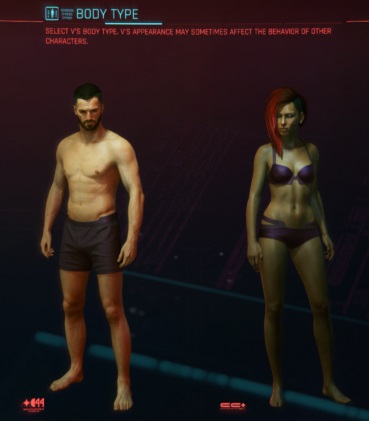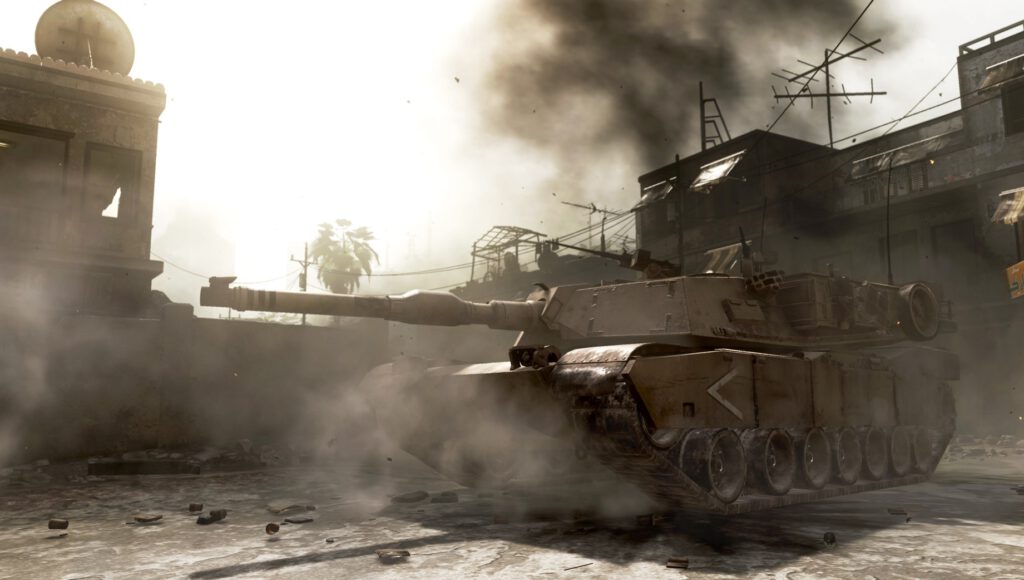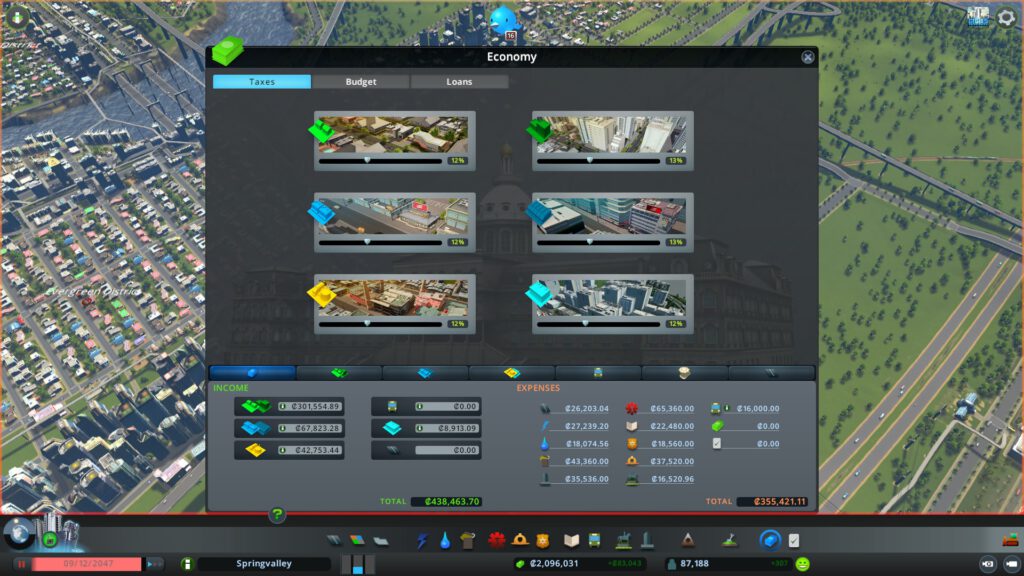The recent discussions about including politics in video games seem pretty dumb to me. When people complain about politics in video games, they usually complain about an attack on social norms. The conversation is mostly limited to inclusiveness and gender politics. It lacks the realization that there are political messages in every story and therefore every video game. Even the ones you would normally deem apolitical. This inclusion of politics might not even be intentional but there is usually no way around it. You either reinforce societal norms or you try to challenge them. Let me prove that to you.

Remember Star Wars from 1977? Star Wars is the story about a young man named Luke Skywalker joining the Jedi in fighting against the evil Empire to free the galaxy from oppression. It is not the story about a radicalized teenager turned terrorist who joined a cult and blew up a space station with tens of thousands of people inside. Why is that? It’s because George Lucas chose to make Luke his protagonist; he became the hero of the story and not its antagonist. Remember that the next time you are playing Call of Duty. People usually don’t recognize the choice of protagonist by a game developer to be a political decision as long as it doesn’t go against established norms. Your enemies are called terrorists and you have the duty to shoot them. Now think about the last time you fought off an evil invasion force from the west to protect your family? People would call that blatant political propaganda.

The science-fiction setting is usually pretty immune to feeling political as most contemporary context is removed. Ironically, most stories that are set in the future are in fact as political as they can possibly get because they have to predict the future of humanity. Finding the trajectory for humanity has to start with an analysis of the current political situation and its problems. Is humanity prospering without the need for money like it does in Star Trek or are mega-corporations taking over and making everybody miserable like they do in The Outer Worlds or Cyperpunk 2077? Those cases represent massive criticisms of capitalism. Have we learned to live together with aliens and embrace diversity like shown in Mass Effect? Or is humanity locked in a constant war for survival like it is in Halo? Curiously, the latter game is about a pure and homogenic group of warriors with blue eyes that kills diverse groups of aliens. These games touch on the subjects of strength through purity vs. strength through diversity – which sounds pretty political to me.

Let’s look at games like Cities: Skylines. This game is political and it doesn’t even have a story. As you build your dream city you eventually have to navigate your city’s budget. What is a fair amount of taxes? At what point are your citizens going to protest your government? How does lowering taxes impact growth? You can’t get around answering those questions without making a political statement, even if you really don’t want to.

Politics has always been in video games. When people say that they don’t like politics in video games, they usually just refer to an isolated statement that disagrees with established norms.
Hope that helps.
Leave a Reply
You must be logged in to post a comment.